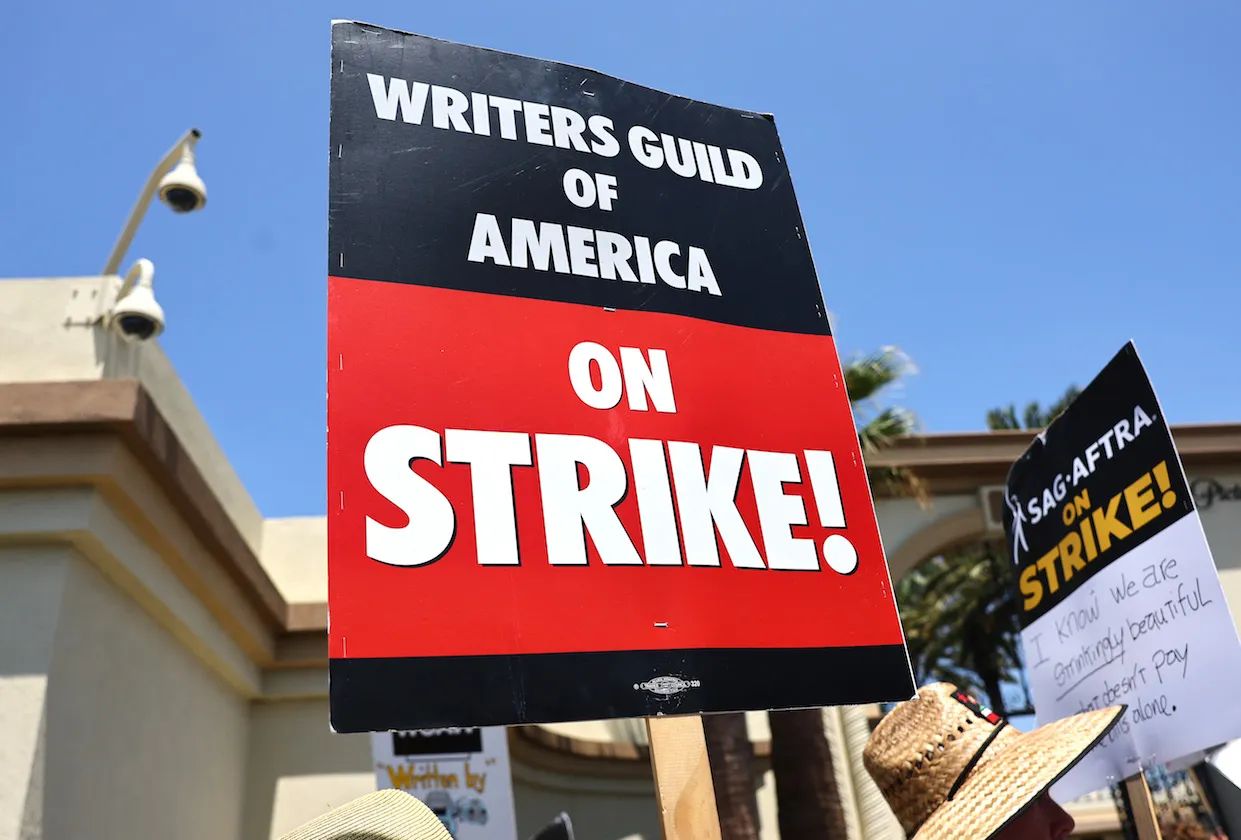The long-running writers’ strike, which lasted for almost 5 months, has officially come to an end. The Writers Guild of America (WGA) leadership voted on Tuesday to end the strike and approved a new 3-year deal with the Alliance of Motion Picture and Television Producers (AMPTP). The strike, which began on May 2, had writers on both the West and East Coasts demanding fair wages, better working conditions, and more transparency from the studios and streaming companies.
Key Takeaway
The WGA leadership has voted to end the writers’ strike, paving the way for writers to return to work on Hollywood productions. The ratification vote on the new deal is expected to pass next week.
The End of the Stalemate
The breakthrough in negotiations means that striking writers can resume working on Hollywood productions as early as Wednesday. Although the ratification vote on the new deal will take place next week, it is widely expected to pass. This comes as welcome news for the industry, as the strike has had a significant impact on the production of movies and TV shows.
Implications for Bill Maher and Hollywood Productions
One prominent figure affected by the strike is Bill Maher, who initially planned to continue his talk show without writers but later reversed course following the tentative deal. Maher has confirmed that his writers will be returning as soon as possible, and he aims to have a new episode of his HBO show ready for Friday.
The Details of the New Deal
The new 3-year deal between the WGA and AMPTP addresses several key issues raised by the writers. It includes pay increases, limits on the use of artificial intelligence (AI) in writing, and more guaranteed job opportunities in writer rooms, among other provisions. These measures aim to ensure fair compensation and better working conditions for writers in the entertainment industry.
The Actors’ Strike Continues
While the end of the writers’ strike is cause for celebration, it is worth noting that the actors in the Screen Actors Guild-American Federation of Television and Radio Artists (SAG-AFTRA) are still engaged in their own strike for a fair deal. In July, approximately 65,000 actors joined the writers in their fight, as they shared many of the same concerns and demands. Until an agreement is reached between SAG-AFTRA and the studios, the full reopening of Hollywood productions will remain on hold.
Despite the actors’ ongoing strike, the resolution of the writers’ strike marks a significant step forward for the industry. With writers returning to work, projects can now be developed and brought to fruition. However, the full recovery of the entertainment industry relies on a fair resolution between SAG-AFTRA and the studios.

